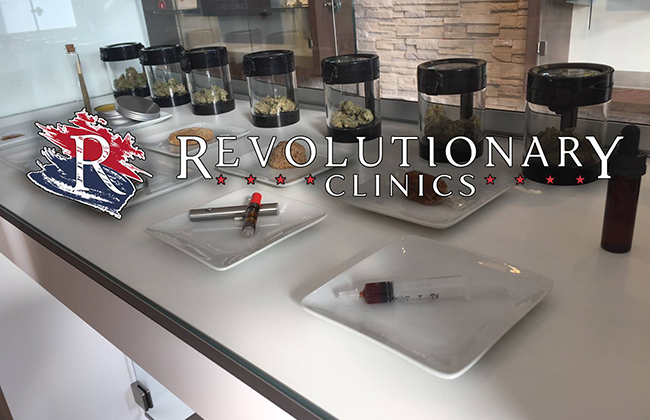
In January 2021, Revolutionary Clinics, a medical dispensary in Cambridge, Massachusetts, ended its legal battle against the City of Cambridge. They launched the lawsuit in response to the municipality’s decision to only allow economic empowerment businesses to sell recreational cannabis.
Economic empowerment, or equity businesses, are those most affected by the War on Drugs, according to Mass Live.
The decision meant that Revolutionary Clinics, a medical dispensary, could not sell recreational cannabis for two years while new applicants got the chance to be a part of the industry. Consequently, the company said they lost millions in potential revenue from adult-use sales.
Their Legal Battle
In 2019, the City of Cambridge announced its plan to deny anyone but economic empowerment businesses a license. That prevented companies like Revolutionary Clinics from distributing recreational cannabis alongside medical cannabis.
In response, Revolutionary Clinics sued the city of Cambridge.
However, with just eight months left of Revolutionary Clinics’ probationary period, they dropped their lawsuit in late January.
But, as expected, the lawsuit alone caused uproar, especially in the economic empowerment community, causing some to boycott their business.
According to Revolutionary Clinic’s CEO Keith Cooper, his company is in no way trying to attack equity applicants. Cooper told the Boston Business Journal, “we are simply looking to have our statutory rights recognized.”

Photo Courtesy of Sentinel and Enterprise
However, he believes the city’s restrictions make it hard for Revolutionary Clinics to expand its business on a recreational level.
“Political Agenda Ahead of Adult-use Sales”
Revolutionary Clinics — which operates three medical cannabis clinics throughout the state — believed the city’s restrictions defied the Massachusetts state law, and ultimately hurt their business. Specifically, because cannabis was legalized for medical and recreational cannabis in 2016, Revolutionary Clinics believes it’s their right to sell cannabis in any form.
“We are disappointed that the city officials are putting their own political agendas ahead of [beginning sales of adult-use cannabis] and violating the law in the process,” states Revolutionary Cannabis to Cambridge Day.
According to the Boston Business Journal, the two-year waiting period caused them to miss out on $700,000 in revenue per month, or $8 million per year.
Legal Back and Forth
A Cambridge judge initially ruled in Revolutionary Clinics’ favor. The judge also implemented an injunction to ban Cambridge from enforcing the moratorium, according to Cannabis Business Times.
But, in April 2020, an appeals court reversed their decision and ruled in favor of the city. In response, Revolutionary Clinics took the case back to the original judge in August 2020 to appeal that decision.
Trying one more time, the clinic brought the case back to court in October, with no change in decision. But the case was dismissed. With this, Revolutionary Clinics decided to drop the lawsuit altogether. They stated in a press release that, “we ultimately recognize that this legal conflict needs to end.”
Where Revolutionary Clinics Still Stands
In that same press release, they stated, “we have decided to drop the lawsuit. [We] will instead focus our time, attention and financial resources to help build impactful equity programs in the community we serve.”
Dropping the lawsuit did not come easy to the dispensary, as their mindsets never changed about the restrictions.
“Rev[olutionary Clinics] firmly believes that the best remedies are developed through collaboration and partnership, rather than restrictions,” Revolutionary Clinics said in their press release.
They went on to say, “we believe we can develop and present a program that can accelerate the opening of [social equity and economic equity] businesses in our community. […] We are looking to build on this collaborative approach to create a cannabis retail landscape in which we can all be proud.”

The company still aims to sell recreational cannabis along with their medical grade cannabis, according to Mass Live. In fact, their Central Square location was granted a permit to sell recreational and medical cannabis, according to Cambridge Day.


Leave a Reply